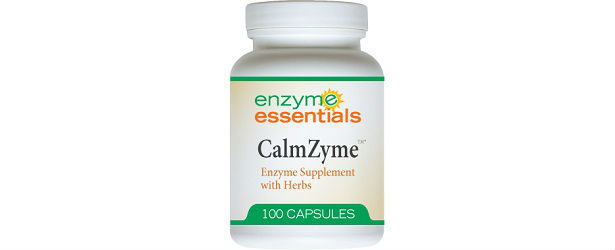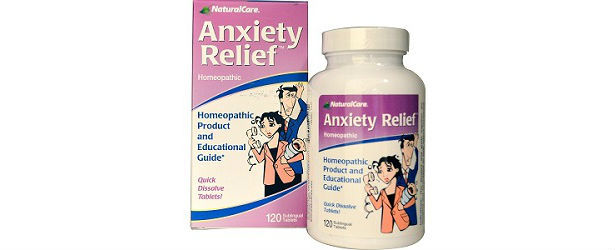
How to Overcome Anxiety without Medication
We all worry on occasion. In fact, stress and worry can benefit us in certain situations: it can motivate us to meet critical deadlines, to study harder, or to take action on important problems that need addressing. But there are times when too much worrying can interfere with our ability to function on a daily basis. If you worry for hours and hours in a day, stress out every day, if it keeps you up at night, or if the stress prevents you from doing the things you normally enjoy, then such worry could be interfering in your life more than is healthy. Here are a few tips to try to treat anxiety yourself relief from anxiety.
Write it Down
If you find yourself agonizing over something that is worrying you, try to write it down. Self-observation and reflection can help you understand better the underlying issues that are causing your anxieties, which can help you create plans to overcome them. After a few days of this reflection, you may discover that the problems that are worrying you are not as big as you thought they were. You may even find that you don’t worry about them as frequently as you were before, which can further reduce the grip they have on you. Many people find that keeping journals or writing down their thoughts help them through anxiety-generating situations by letting them “release” the tensions they’ve created.
Put Things In Perspective
Once you have taken the time to write down your problems, put those anxieties into perspective. Ask yourself how probable it is that the problems you’re concerned about will actually come to pass. Ask yourself if you have really done all that you can to solve the problem. You may discover that you have more control of the situation than you realized; you may find out that you’ve exaggerated the negative aspects. These realizations help you focus on the deeper issues behind your anxiety, allowing you to gain a more positive perspective on things.
Make a Plan
Take control of your stress by writing down a concrete plan to address it. For every worry, write down two or three action items that you can do that let you overcome the stress or prevent the anxiety from starting. Just by outlining a plan, you can feel better and more in command of the situation.
Relaxation
Finally, relax. The physical symptoms of stress, such as headaches, muscle tension, or stomach upset, can be controlled by a variety of relaxation techniques. Practice a few of these simple ones, which can work wonders in relieving the physical symptoms of anxiety:
- Deep breathing: Breathe in through your nose for a count of five. Hold for a count of five. Exhale through your mouth for a count of five. Breathing this way for five minutes helps your body release pent-up tension.

- Progressive muscle relaxation: This is a technique in which you contract and hold tight each muscle for ten seconds. Then relax each subsequent muscle in your body. Start with your toes and feet, moving up each muscle in your body all the way to your face.
- Visualization: Close your eyes and picture a calm, peaceful scene. Be as vivid and detailed as you can, complete with sounds and smells.
- Yoga: Enroll in a yoga class to learn other exercises and meditation techniques that help teach you how to relax and calm your body.
If none of these suggestions help, or if your stress is too overwhelming, it may be time to seek professional guidance. A therapist can help you find clarity and perspective as well as help change negative thoughts into constructive, positive ones. If the anxiety is really severe, you may be suffering from generalized anxiety disorder. GAD is a condition that is best treated with a combination of medication and therapy. Symptoms of generalized anxiety disorder include:
- Having problems concentrating
- Problems sleeping
- Overwhelming anxiety
- Restlessness
- Muscle tension
- Fatigue
- Irritability
Most everyday anxieties can be resolved without medical intervention. But it’s important to recognize when you can treat anxiety yourself versus when symptoms become debilitating and you need to seek real help.
TOP 5
ANXIETYTreatments |
|||||
| AnxiClear | Exulin | Hapinex | MindSoothe | ReloraMax | |
|---|---|---|---|---|---|
| 1 | 2 | 3 | 4 | 5 | |
| Overall Rating | 99.50% | 87.30% | 82.10% | 76.80% | 72.80% |
| Performance* |





|





|





|





|





|
| Speed of Results* | Extremely Fast | Good | Good | Average | Average |
| Quality of Ingredients | Premium | Good | Good | Average | Unknown |
| Customer Satisfaction Evaluation | 99.40% | 85.30% | 80% | 74% | 70.30% |
| Safety Evaluation | Safe for Use | Safe for Use | Safe for Use | Safe for Use | Safe for Use |
| Customer Service Rating |





|





|





|





|





|
| Reorder Rate | Highest | Good | Average | Average | Average |
| Return Policy | Risk Free | Unopened | Unclear | Good | Risk Free |
| Success Rate* | 99.40% | 86.20% | 81% | 74.50% | 69% |

 Subscribe Now
Subscribe Now











